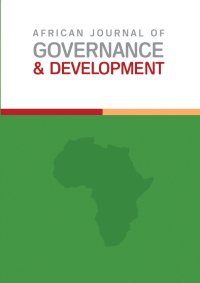Interstate Border Conflicts and their Effects on Region-Building and Integration of the East African Community
Main Article Content
Abstract
East African countries continue to adhere to the colonial borders created by former masters. These boundaries have time and again been a source of conflicts between states, despite some initiatives agreed upon and put in place as a community with aspirations of
building a regional block based on common principles. Some of these interstate border disputes have posed strategic challenges to the aspirations of region-building and integration of the community which could enhance integral and sustainable development.
This paper examines how interstate border disputes continue to affect the objectives of the East African Community. It argues that natural resources across borderlines of each state have been a pull factor for territorial boundary extensions with disregard to the
colonial borders. This paper contends that the protracted border disputes are catalysed by governance and leadership challenges disguised by African leaders under “colonial legacy”. This paper highlights that to avoid an experience of community disintegration like that of 1977, resolving interstate border disputes must be prioritised, perhaps by putting in place special mechanisms to deal with such disputes, as well as decolonising and rethinking the purpose of these borders.
Article Details

This work is licensed under a Creative Commons Attribution-NonCommercial-NoDerivatives 4.0 International License.
